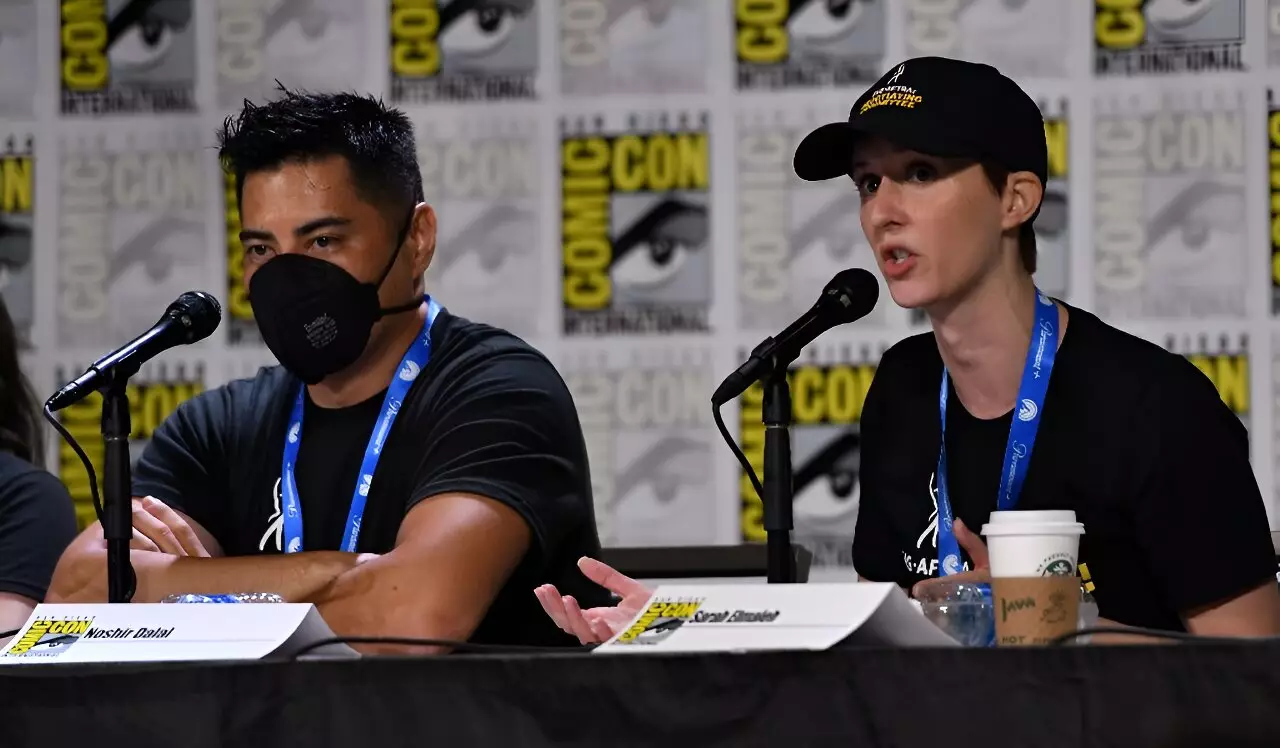Artificial intelligence has once again taken center stage, this time in the video game industry, as the Screen Actors Guild (SAG-AFTRA) initiated its second strike in nine months against gaming giants. The demands put forth by the actors, involving consent and compensation for the use of their voices and movements in creating game characters through AI, have sparked unique challenges in negotiations.
Lead negotiator Ray Rodriguez highlighted the struggle faced by actors in the negotiations, as technology companies tend to view them merely as “data.” Despite delivering nuanced and psychologically informed performances, actors are perceived as replaceable entities due to the companies’ focus on technology rather than performance value. The lack of dedicated full-time negotiators for the video game companies and their obsession with secrecy have further complicated the negotiation process.
Exploitation of Actors’ Work
The exploitation of actors’ work through the use of generative AI poses a significant threat to their rights and compensation. Video game companies can blend performances from multiple human actors to create “new” voices and movements, making it challenging for actors to claim ownership or demand payment for their work. This ambiguity in character creation has led to the creation of loopholes in offers presented by the gaming companies, leaving actors vulnerable to exploitation.
As the strike unfolds, the approach taken by the actors may differ from the traditional picket lines seen in the Hollywood strikes. The focus may shift towards engaging with online platforms and streamers to garner support and draw attention to their cause. With the advancements in AI technology rapidly encroaching on the jobs of voice actors, the need for protections and fair compensation becomes increasingly critical.
Impact on Voice Actors
Voice actors like Lindsay Rousseau, who perform ancillary characters in video games, face the risk of losing their jobs to AI-driven technologies. Without proper safeguards, only a select few renowned voice actors at the top of the industry will be able to sustain their livelihood, leaving many newcomers struggling to make ends meet. The vulnerability of actors, compounded by the aftermath of the Hollywood strikes, underscores the importance of addressing the role of AI in shaping the future of the industry.
The ongoing strike in the video game industry highlights the clash between technology and performance value, with actors fighting for their rights in an industry dominated by AI-driven advancements. The challenges posed by generative AI and the exploitation of human performances underscore the need for clearer regulations and protections for actors in the digital age. As negotiations continue and actors stand united in their cause, the outcome of the strike may shape the future landscape of the video game industry and the role of AI in shaping virtual storytelling.


Leave a Reply